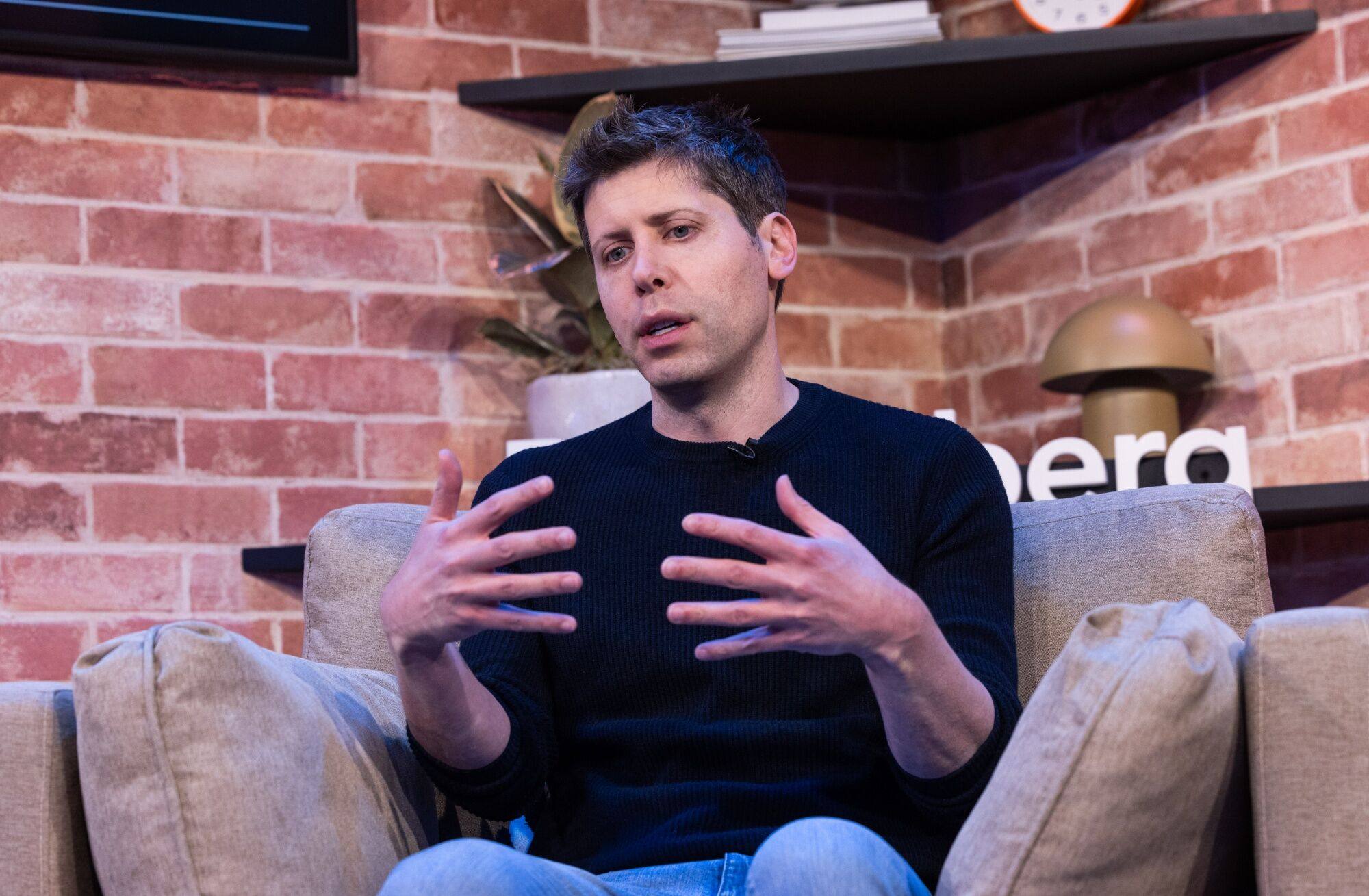OpenAI said in its complaint that it did not violate its agreement with Musk because “as the complaint itself makes clear, there is no founding agreement or any agreement with Musk.” OpenAI also denied Musk’s claims in a memo to staff and a blog post last week.
“The relief Mr. Musk is seeking is as extraordinary as his claims are fabricated,” OpenAI said in a filing in San Francisco state court. “Mr. Musk is seeking an order forcing OpenAI to reorganize and distribute its technology under fictitious contract terms.”

OpenAI and Musk have been engaged in a well-publicized battle well before the lawsuit. Musk was an early supporter of the startup and a member of its founding team before falling out with the company. Musk criticized OpenAI’s commercialization strategy and close relationship with Microsoft.
“Seeing the remarkable technological advances that OpenAI has achieved, Mr. Musk now wants that success for himself,” the company’s lawyers wrote.
Musk and OpenAI did not immediately respond to requests for comment.
Elon Musk wanted OpenAI to merge with Tesla, startup founders say
Elon Musk wanted OpenAI to merge with Tesla, startup founders say
The dispute between two of the tech world’s biggest companies touches on core issues of AI safety and accessibility, and spills over into the larger startup world. On Monday, billionaire venture capitalist and OpenAI investor Vinod Khosla told Bloomberg TV that Musk cannot sue for artificial general intelligence.
OpenAI also claims that once pre-trial fact-finding and information sharing (known as discovery) begins in the case, Musk will use the lawsuit to gain access to OpenAI’s “proprietary records and technology.” and warned that demands for discovery of evidence would increase. It will need to be managed carefully. ”
OpenAI also asked the court to designate the case as a “complex litigation” under California rules to avoid making the case unnecessarily burdensome for the court and the parties involved. Cases involving complex technical issues, multiple parties, or a large number of claims are typically considered complex and assigned to specially designated judges.

